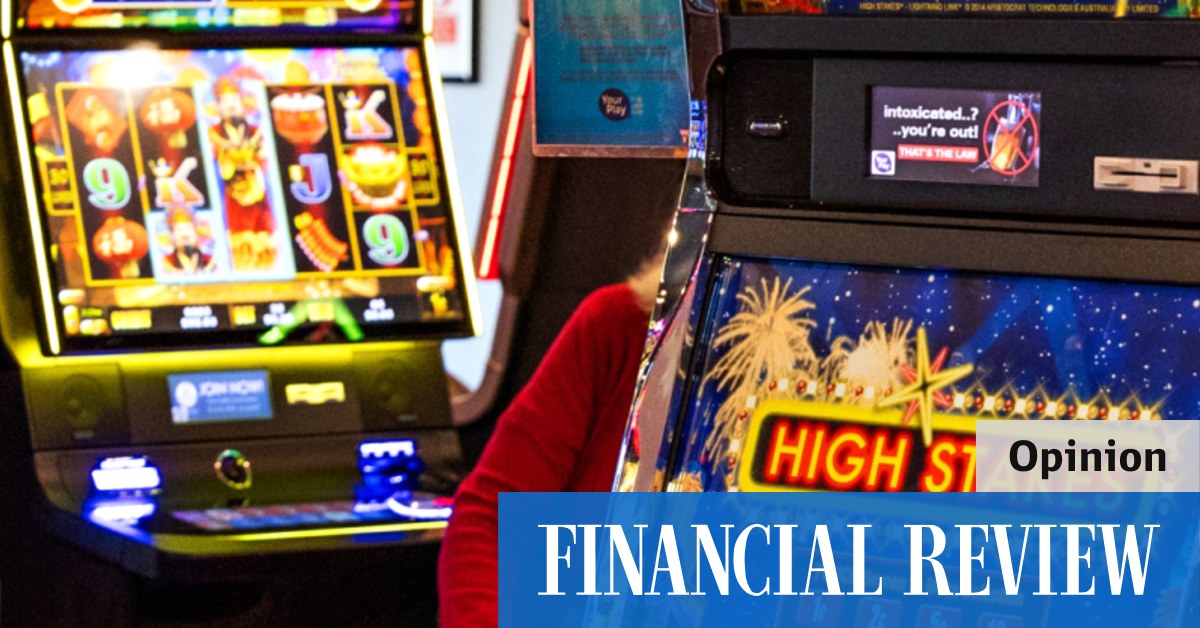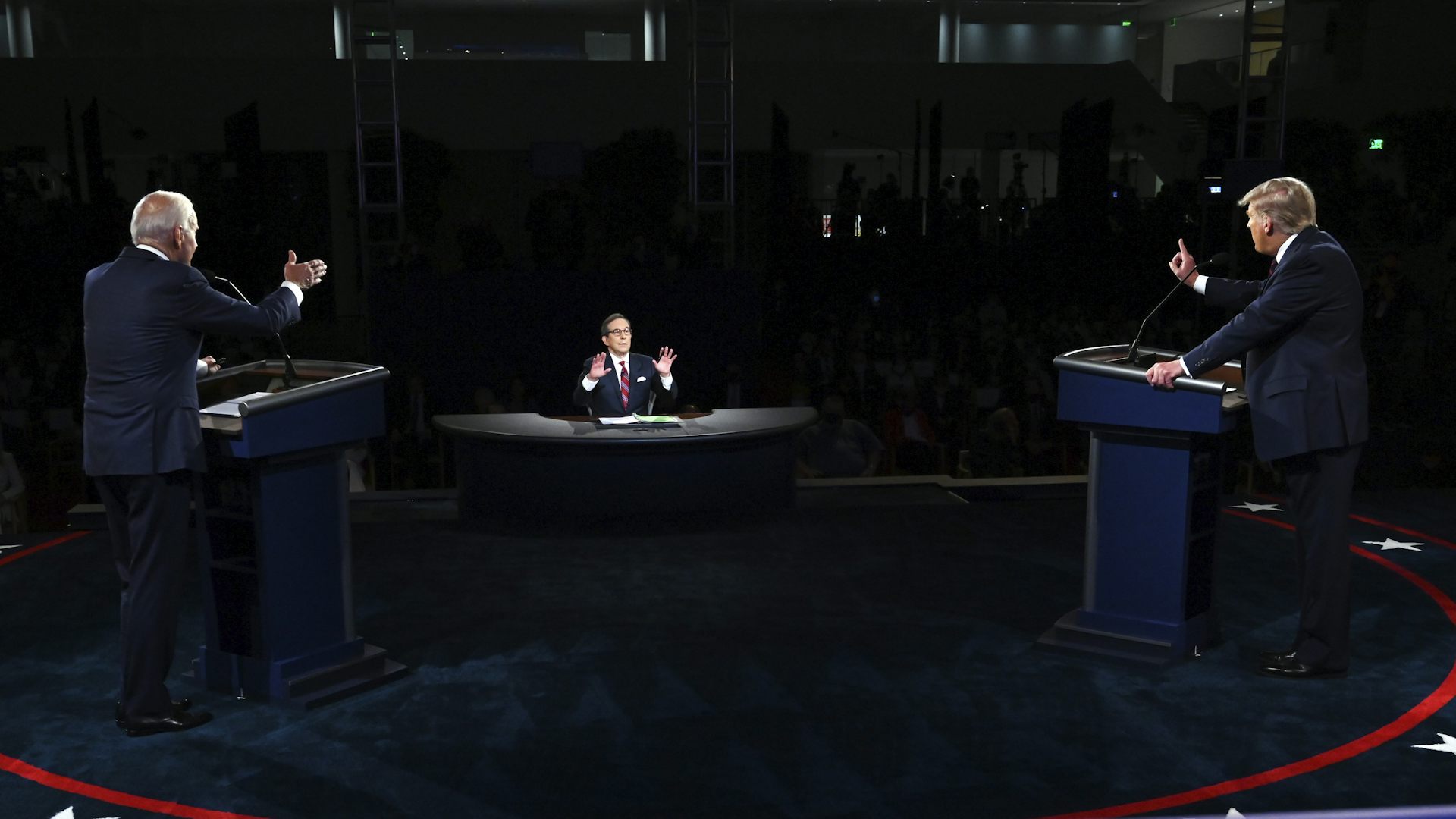
How the Gambling Industry Holds Political Influence
The gambling industry is a major player in the world of influence. While it contributes less than 1% to the economy, it accounts for 10% of declared political donations. Recent analysis by the Centre for Public Integrity suggests that the industry’s donation activity has reached a new record of $2.13 million in 2019.
People affected by gambling harms can’t wine and dine ministers, and they lack lobbyists’ insider connections.
Research published by academics at the Universities of Melbourne and Queensland reveals that the gambling industry surpasses the alcohol, tobacco, and food industries in terms of the number of third-party lobbying firms hired.
In other words, the gambling industry may have a small economic contribution, but it seeks political influence on a much larger scale.
While online gambling companies are relatively new players in the influence game, their importance is rapidly growing. Total Australian spending on online gambling increased by 72% from $5.57 billion in 2019 to $9.56 billion last year.
However, the tactics employed by online gambling companies are similar to those used by traditional clubs and casinos to protect their profits.
When the Gillard government proposed pokies reforms in 2011, ClubsNSW and other industry associations fought back with political donations and scare campaigns, ultimately leading to the watering down of the legislation. Similar tactics were employed in Tasmania, where industry groups showered the Tasmanian Liberal Party with donations, resulting in their victory in the state election.
The Power Imbalance and the Need for Transparency
Unfortunately, people affected by gambling harms do not have the same access to politicians as the industry does. Lobbyists and industry insiders have an unfair advantage in shaping public policy.
It is crucial to shed light on these power imbalances and expose the influence of Big Gambling. Transparency can create political costs that make politicians think twice before succumbing to industry pressure.
We need better information about who is influencing our public officials. This can be achieved by publishing ministerial diaries, strengthening the public reporting of lobbying activities, and clarifying conflict of interest rules for all parliamentarians.
Lowering the disclosure threshold for donations, requiring the reporting of multiple donations from the same entity together, and mandating timely reporting can help stem the flow of dark money into politics.
Furthermore, capping political advertising expenditure during election campaigns can reduce parties’ dependence on major donors like Big Gambling.
Conclusion
Until we change the rules, regular punters are at a disadvantage in this rigged game. It is essential to address the influence of the gambling industry and level the playing field for those affected by gambling harms.
About the Author
“The Influence Game: How Big Gambling Holds Political Power” is an article written by [Author Name], exploring the significant influence of the gambling industry on politics and the need for transparency and reform. [Author Name] is a [Title/Expertise] with extensive knowledge in the field of gambling and its impact on society.

George Barham, an accomplished journalist and avid gambling enthusiast, serves as the esteemed Editor-in-Chief at fly-to-australia.com, Australia’s leading source for comprehensive gambling news and insights. With an unwavering passion for both the written word and the ever-evolving world of betting and gaming, George brings a wealth of knowledge and expertise to the helm of our editorial team.



